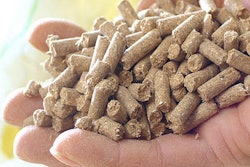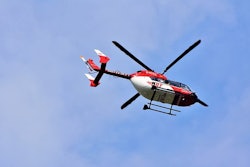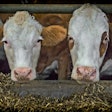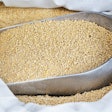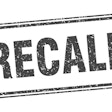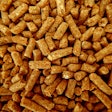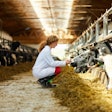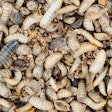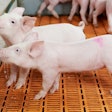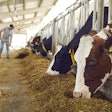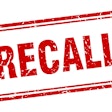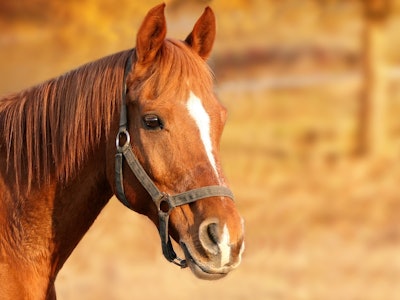
The U.S. Food and Drug Administration (FDA) has issued warning letters to two feed mills, Gilman Co-Op Creamery in Gilman, MN, and Farmers/Ranchers Cooperative Association in Ainsworth, NE, that mixed horse feed containing monensin.
Monensin is an animal drug approved for use in cattle, swine and poultry that is highly toxic and potentially lethal to horses, even at relatively low levels.
These firms did not adhere to the Current Good Manufacturing Practice (CGMP) requirements for medicated feed mills. They are also subject to FDA’s Preventive Controls for Animal Food regulations.
The medicated feed CGMPs require firms to conduct appropriate sequencing or adequate equipment cleanout procedures when switching from mixing a medicated animal food to a non-medicated one. These regulations are designed to prevent unsafe cross-contamination between medicated feed and non-medicated feed or other medicated feed.
In July 2018, the FDA alerted the public about an ongoing investigation into Gilman Co-Op Creamery related to the deaths of multiple horses after they consumed food from a single batch of a special order horse food that was supposed to be non-medicated, but was later found to contain monensin. When inspecting the firm, the FDA found significant deviations from CGMP regulations for non-licensed medicated animal food manufacturers. Among the violations was a failure to establish and use adequate procedures (including cleaning) for all equipment used in the production and distribution of medicated feeds, as well as inadequate recordkeeping and insufficient procedural documentation.
Farmers/Ranchers Cooperative Association of Ainsworth recalled horse food in November 2017 and swine food in May 2018 after samples collected and tested by the Nebraska Department of Agriculture revealed that the horse feed contained monensin and a swine feed contained, chlortetracycline, a new animal drug; however, both the swine feed and horse feed were labeled as non-medicated.
An FDA inspection in May 2018 also documented significant deviations from CGMP regulations for non-licensed medicated animal food manufacturers, including the failure to investigate and take corrective action after being notified of the state laboratory results finding monensin in the horse feed.
Monensin contamination of horse feed is an infrequent but persistent issue, often causing deaths of multiple horses. These incidents of monensin toxicity should be a reminder to all feed manufacturers making medicated feeds that they must remain vigilant about adhering to CGMP requirements by eliminating unsafe carryover of medications into feed intended for different species.
Guidance for Industry #72: GMPs for Medicated Feed Manufacturers Not Required to Register and be Licensed with FDA and Guidance for Industry #235: Current Good Manufacturing Practice Requirements for Food for Animals are two guidance documents that provide further explanation and examples of how to meet the FDA’s requirements for the safe manufacture of animal food. An additional reference is Compliance Policy Guide (CPG) Sec. 680.600 - Sequencing as a Means to Prevent Unsafe Drug Contamination in the Production, Storage, and Distribution of Feeds.

